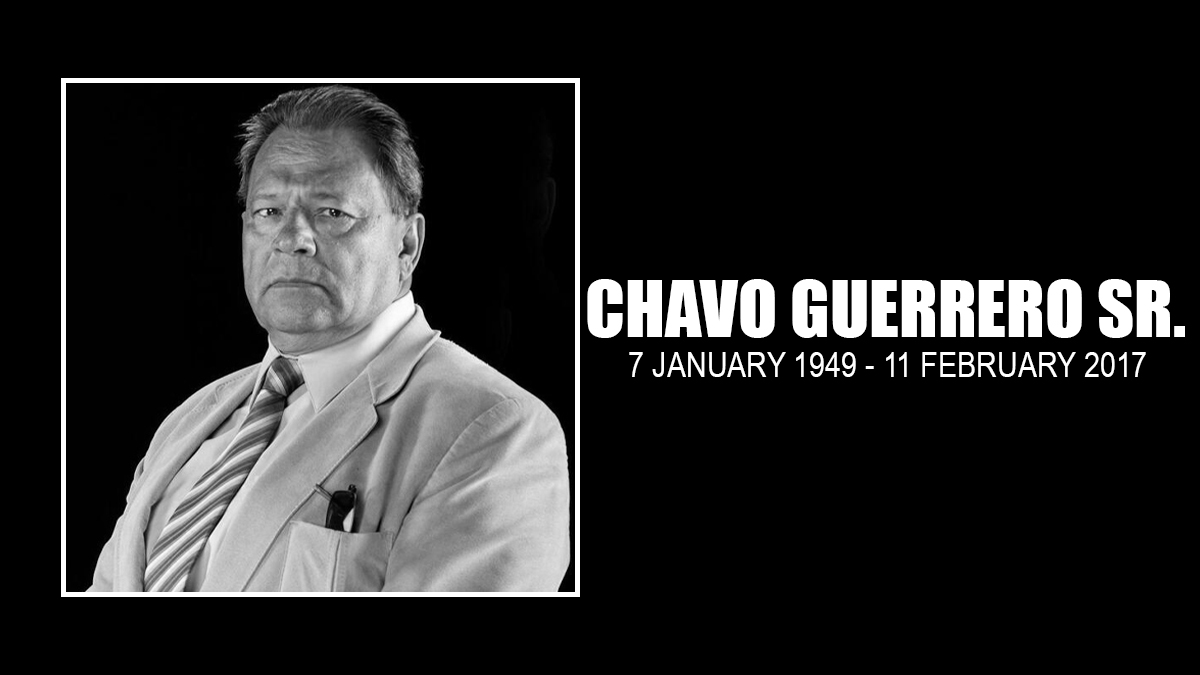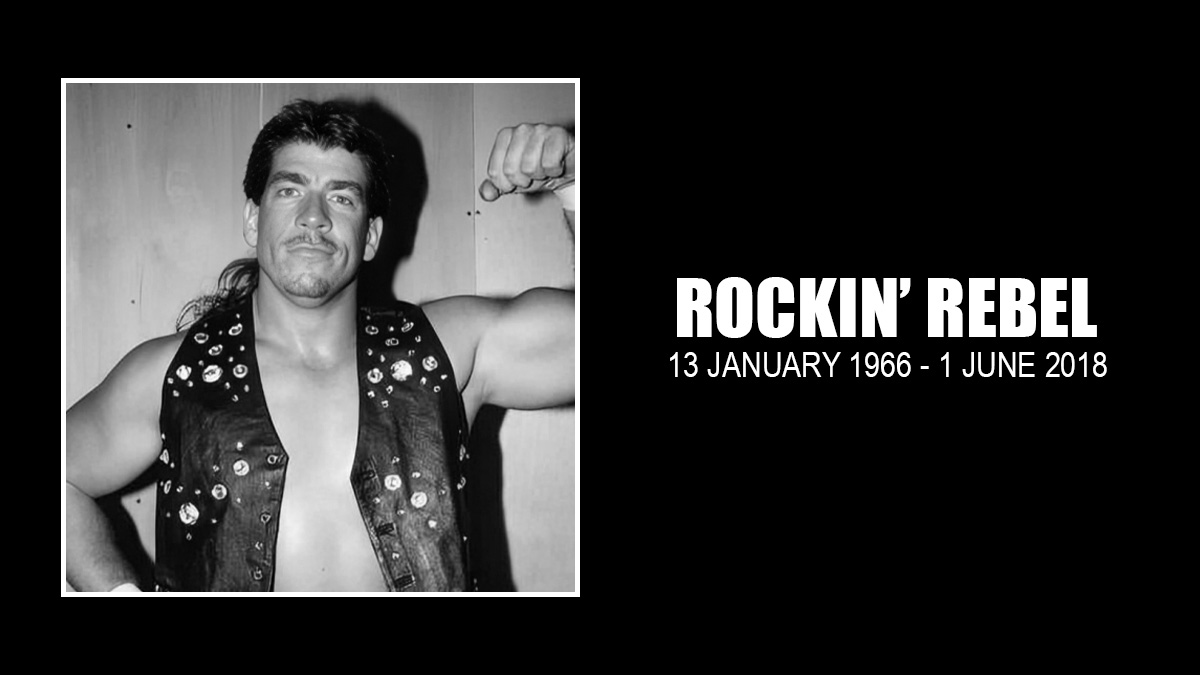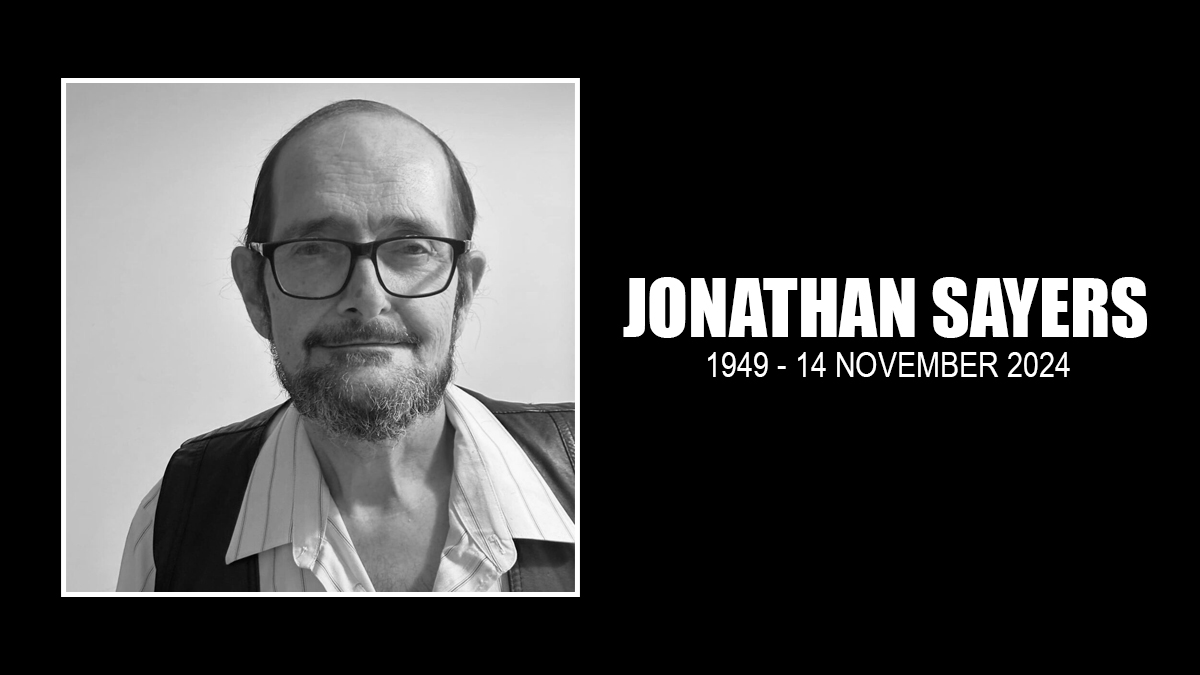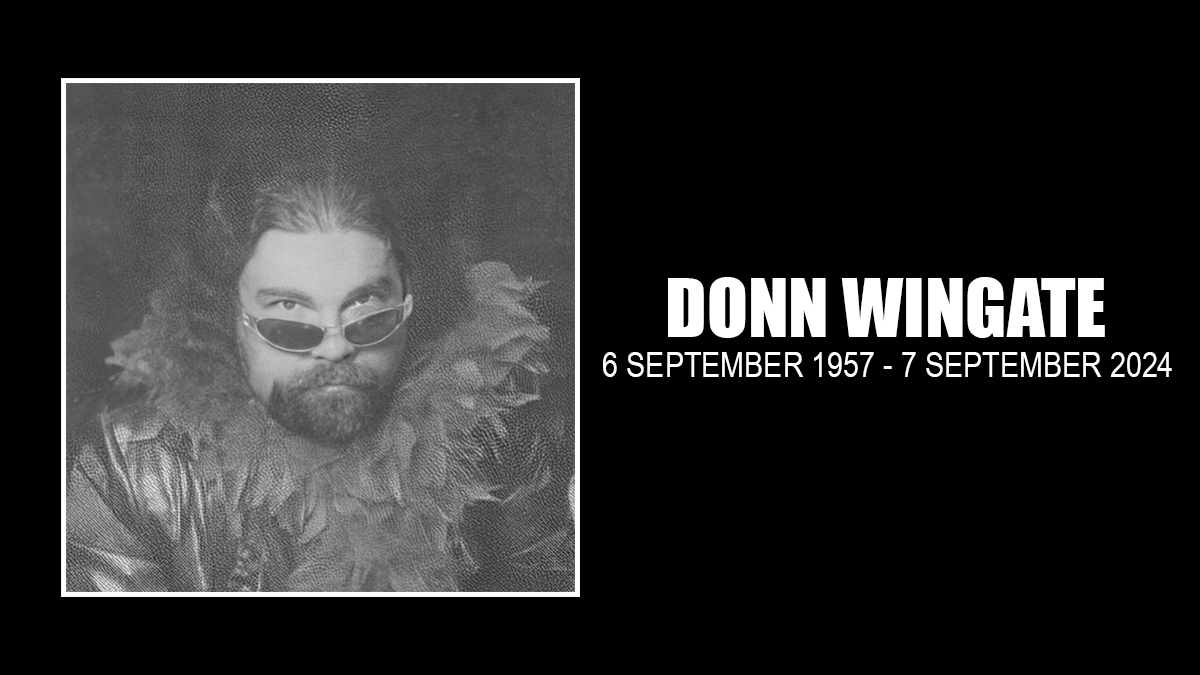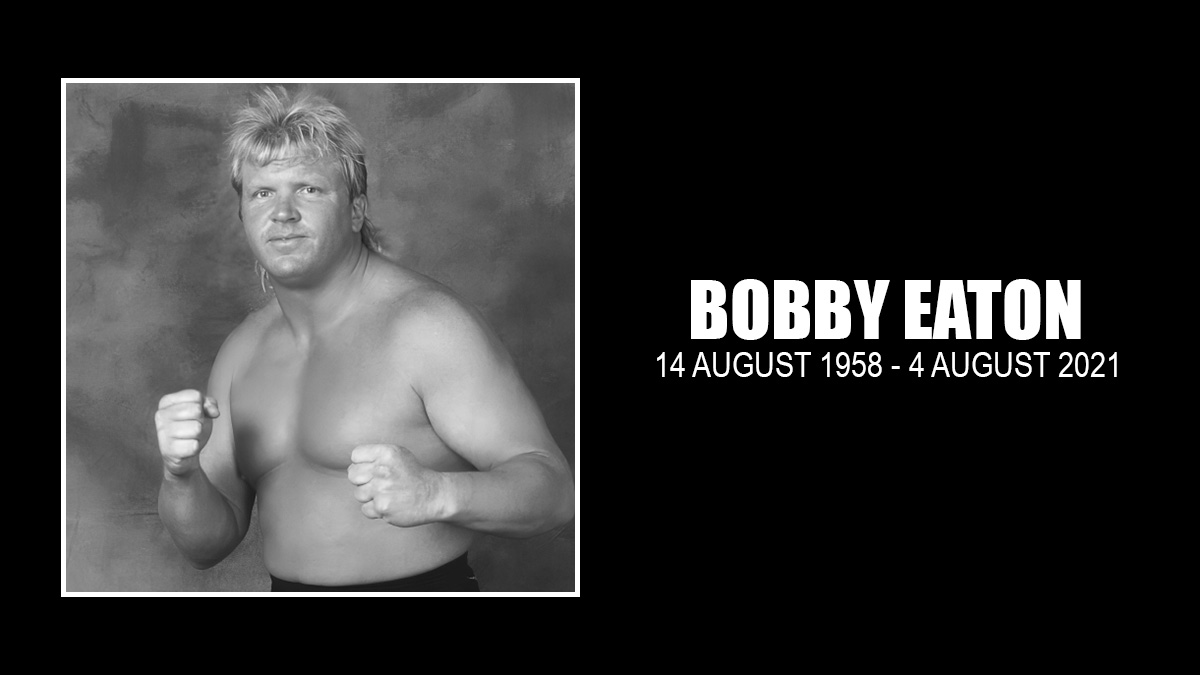Chavo Guerrero Jr. announced today, February 17, 2017, that his father, Chavo Guerrero Sr. — or Chavo Classic as he was known as in WWE while accompanying his son to the ring — died from liver cancer on February 11. He was 68.
“As believer in Christ Jesus, he is now in Paradise. Today is a Sad day in the Guerrero Family,” wrote Guerrero Jr. in an Instagram post.
Guerrero Sr. had been diagnosed with liver cancer in early January.
His son also summed up how his father walked to his own drummer: “Today the world lost a true rebel. He did things “HIS” way. Not always right, not always wrong, but He always followed what he believed in.”
Chavo Guerrero Sr. was the oldest of the children of Gory and Herlinda Guerrero, and the Guerrero family tree has produced much fruit in the pro wrestling business — and perhaps it is not done. Gory Guerrero (1921–1990), born in Arizona, but raised in Mexico after age 13, started wrestling in 1937, and was one of Mexico’s biggest stars from the ’40s to the ’60s. “Gori Guerrero’s career in lucha libre history is proudly etched in large letters, carved out of decades of dedication and desire. Gori’s talent and tenacity were legendary throughout Mexico,” said Dan Madigan, author of Mondo-Lucha A Go-Go. “His popularity soared into the out most reaches of the wrestling stratosphere because the fans knew that every time he stepped into the ring he gave everything he had and every time he stepped out, he left a little piece of himself behind.”
Gori and his wife Herlinda would have two girls, Maria and Linda, and four boys, all of whom became professional wrestlers: Salvador (Chavo) Guerrero, Sr. (born 1949); Armando “Mando” Guerrero (born 1952); Héctor Guerrero (born 1954) and Edouardo “Eddy” Guerrero (1967–2005). Chavo’s son, Salvador III, or Chavo Jr. (born 1970), turned pro in 1994; Eddie’s daughter, Shaul (born 1990), had a stint in WWE developmental, and her mother, Vickie, was a long-time on-air WWE personality.
“We never wanted to be Superman or Batman or the Lone Ranger in my era, we wanted to be wrestlers,” Chavo Sr. said once. The boys would train in a gym in Mexico with their father, where he stressed tumbling and the need to tuck their heads during falls. Having introduced submission moves and an aggressive technical style to lucha libre and its penchant for highspots, Gori also insisted that his sons learn amateur wrestling, competing successfully at the high school and collegiate levels.
Based out of El Paso, Texas, for high school, with upwards of three rings in the backyard, the boys began their wrestling careers on local shows that their dad promoted. In 1974, Chavo Sr. headed west to Los Angeles and the World Wrestling Association. Mando would follow shortly thereafter and Hector after that. With 18 years between Chavo and Eddie, the youngest Guerrero wouldn’t start until 1987. “Out of my whole life, there were maybe four months that I thought I don’t want to be a wrestler,” Eddy told his hometown newspaper, the El Paso Times, in 2003. “But I knew what I wanted to do all my life. I grew up watching my dad and my older brothers do it.”
Jeff Walton was the publicist for the Los Angeles office when the Guerreros were the darlings of the fans in the 1970s. “The Guerreros came in in waves. We actually brought in Chavo first. It was like a big tidal wave, is what it was. You had Chavo coming in, who was really kind of the mainstay, and a very good worker. Because we could emphasize his father — his father had a big following here in the late ’30s and ’40s,” said Walton, referencing the father patriarch, Salvador Gori Guerrero. “As Chavo would kind of wind down a little bit, he’d say, ‘Hey, I have my brother, Mando. You should see Mando. He’s a really good worker.’
“After Mando came Hector, and Hector was a tremendous worker. So it was a non-stop tidal wave of Guerreros. We got a lot of mileage out of these guys, because we put them in tag teams, you put them in singles matches, you put with them with other guys, besides the brothers, if they weren’t all here at one time. It just made for great wrestlers. They were really polished, skilled wrestlers.”
All the Guerreros excelled in the sympathetic heroes, embracing it completely, said Superstar Billy Graham, recalling one bout with the Americas champion Chavo Sr. in L.A. “It was funny because he said, ‘Listen, this is my house. You’re out of the Garden and in my house. I’m a babyface here man, and you’re going to be the heel. I’m going to win, you’re going to get juice, they’re going to take you out on a stretcher.’ I said, ‘Are you going to sell for me?'”
Chavo Sr.’s most famous feud was in California against a young Roddy Piper. “Brother, he was just box office all the way,” said Guerrero Sr. in 2006. “We worked three years together. At that time it was live TV, there was no re-do it again. He would come up with the weirdest things, man — not weird, but something to draw the people. One time he came out with a donkey, and called it my mom. It meant something to me, so naturally he got heat. Every time we got in the ring — we used to do a lot of cage matches, chain matches, and all kinds of matches. We actually had to beat the hell out of each other so the people, they’d see us so much — because we liked it. Piper and I had that rough style. We respected each other, but we used to lay them in, man.”
In Mike Lebell’s Los Angeles-based promotion, Guerrero Sr. was also the booker for a time, planning the matches and storylines for the prominent territory.
Besides his talent in the ring, Guerrero Sr. also carved out a bit of a reputation for not always keeping his demons in check. In a 2013 interview, Steve Cox recalled how Guerrero Sr. was the one who took the time to show him how to lace his boots properly at the beginning of his own career. “He was the most consummate worker, he understands the business, and he grew up in the business. Everything he did (in the ring) had meaning,” Cox said. He was the total package, and he was one hell of a partier! Sometimes he would go too far out there, and you would have to reel him back in, but that was Chavo!”
Tom Jones once told this writer something similar: “Chavo, the older one, he lives in a different world,” said Jones. “Ever since I’ve known him, he’s been that way, different.”
Like many, the national expansion of professional wrestling meant difficult times for Guerrero Sr. as the smaller territories dried up. His last major run was in the AWA, teaming with his brothers. Unable to leave the past good and buried, this writer once witnessed him going after an elderly AWA promoter Verne Gagne at a Cauliflower Alley Club banquet, complaining about a poor payoff from decades before.
With the successes of his youngest brother, Eddie, in WWE, and his own son, Chavo Guerrero Jr., it kept the Guerrero name meaningful and prominent, allowing Guerrero Sr. to come into WWE in 2004. Dusting off his boots, Chavo Classic even had a run as WWE Cruiserweight champion, defeating Chavo Jr. and Spike Dudley in a triple threat match. By June of 2004, he was gone from WWE, apparently from his inability to keep his bookings.
The legend of Chavo Guerrero lives on in other ways besides his son and daughter, Victoria. He co-starred with Henry Winkler in the 1978 movie The One and Only as Indian Joe, and a couple of years back, the band The Mountain Goats released a song “The Legend of Chavo Guerrero.”
Lucha libre enthusiast and screenwriter Dan Madigan shared one more example of Guerrero’s legacy. When Madigan was working for WWE as a writer, he found himself chatting up a storm with Chavo Classic. The show was in El Paso, and before they knew it, everyone had left and they were miles from the hotel with no ride — so they started walking. “As we walked and walked toward the highway Chavo told me that ‘in the day’ the Guerreros ruled El Paso,” remembered Madigan. “‘Everyone knew us. My dad’s popularity was off the chart. Everyone came to see the Guerreros wrestle. Everyone came into town to wrestle us.'” Despite Madigan’s misgivings, they flagged down a large, dark van in the middle of the desert. “All of sudden several guys get out of the van. They look at Chavo and the following happened: ‘Holy Shit! It’s Chavo Guerrero!’ the guys yelled excited as they came up shaking Chavo’s hands. Thirty years after he had wrestled in El Paso the fans still recognized him; recognized him on a lone deserted road late at night. Chavo asked if we could get a ride to the hotel. The guys couldn’t have been nicer. We jumped into the van and drove around for awhile sharing the beers they had in the cooler and they were reliving the many times they had seen Chavo and his family wrestle. These guys were genuinely taken back that one of their idols was with them driving around having a few beers and talking about the day. Chavo looked over to me and smiled and said, ‘I told you, Dan, in the day the Guerreros ruled El Paso’ I toasted him with a beer and replied, ‘The Guerreros still rule El Paso.'”
Funeral details are not known at this time.
